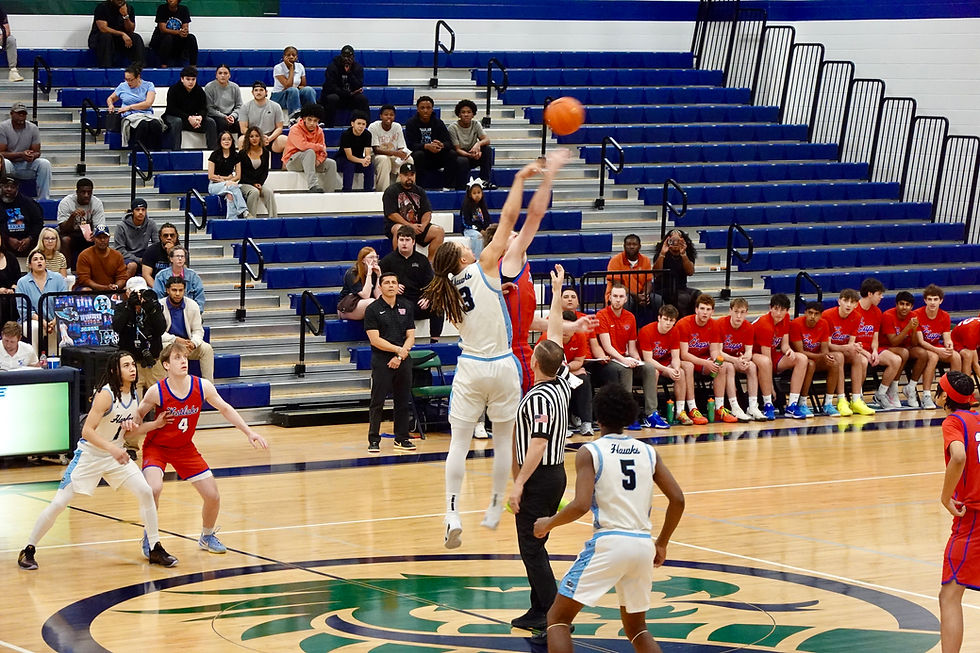Girls Gain Ground Globally Don't Let COVID Reverse the Trend
- 2244 Online

- Dec 31, 2020
- 2 min read
The Economist December 19th, 2020 PP16-17 |Leaders|Children|”Getting girlhood right” “Girls are doing better than ever. Don’t let the pandemic stymie them”

Image unicef.org
Read the full article for more detail
Summary of Article
Hard to believe but not that long ago “girls were considered property” destined to “obey their fathers” and later “their husbands” whether a product of child marriage or not. Today in “field after field girls have caught up with boys…and outnumber young men at university.” Besides changes in educational achievement, “girls are healthier” “compared with the mid-1990s, they become sexually active later and are more likely to use contraception…teenage pregnancy has fallen by a quarter globally and by two-thirds in South Asia and North America.” There is less of what is a “horrific tradition” of female genital mutilation but still only 54% of “women and girls in the most-affected regions said it should be banned” up from 27% in the year 2000. Further, educational achievement portends “advantages to her offspring” by having fewer children, spending more time with them and money on them which ultimately means “they will learn more and earn more as adults.”
According to a Citigroup and Plan International study “if a group of emerging economies ensured that 100% of their girls completed secondary school, it could lead to a lasting boost to their GDP by 10% by 2030.” Given all these benefits “some countries have still failed to grasp them especially in South Asia, the Middle East and Africa. Now, as seen with other disasters like Ebola, there’s concern that the COVID-19 pandemic will reverse gains achieved for girls in these regions. “So, it’s crucial, that even if governments of poor countries have to tighten their belts, they prioritize spending on education and girls.” The benefits again are more than learning math but teaching about vaccination, birth control, consent and self-assertion, less childhood marriage” and passing gains to the next generation.



Comments